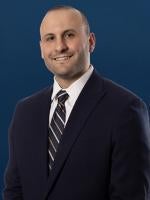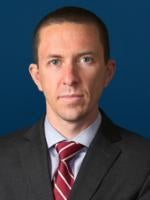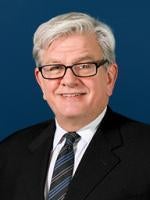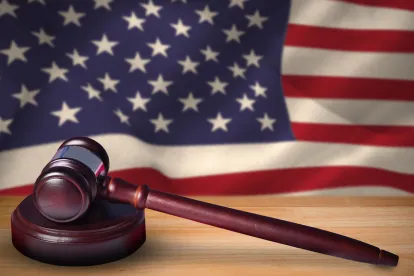The U.S. Supreme Court issued a ruling which will have wide-ranging effects on the ability of governmental entities to react to religious and other speech of public employees. In Kennedy v. Bremerton Schools, the Court ruled that a public high school could not discipline or disfavor a football coach for his practice of kneeling on the 50-yard line and praying at the conclusion of each game, eventually growing to include most of the football team and opposing players as well. The school district had attempted to accommodate the coach’s desire for prayer, but concerns mounted when one parent complained that her son felt compelled to participate despite being an atheist. The coach was eventually placed on administrative leave and not extended an offer to return to coaching the next school year. Both the district court and the U.S. Court of Appeals for the Ninth Circuit rejected the coach’s First Amendment challenges.
With a 6-3 majority, the Supreme Court reversed. In doing so, the Court first found a violation of the Free Exercise Clause. The Court discounted the school district’s stated concerns that the coach’s practice could violate the Establishment Clause or interfere with students’ right of free exercise. The Court held that absent evidence of “direct” coercion the Establishment Clause was not implicated and then concluded that the coach’s position of authority over the players was insufficient to constitute direct coercion. The Court distinguished earlier cases involving prayers at football games and civic meetings, by emphasizing that the speech for which the coach was disciplined was not publicly broadcast or recited to a captive audience. Additionally, students were not required or formally expected to participate.
With respect to the Free Speech issue, the Court concluded that the coach’s prayers were not unprotected “government speech,” and in doing so applied a restrictive view of what could be considered “government speech.” The Court held that because the coach’s job duties did not include leading prayers, the fact that the speech occurred on the field immediately after the game was insufficient to transform it from private speech to government speech. “To hold differently,” the Court stated, “would be to treat religious expression as second-class speech and eviscerate this Court’s repeated promise that teachers do not ‘shed their constitutional rights to freedom of speech or expression at the schoolhouse gate.’”
The decision, together with Shurtleff v. Boston decided earlier this Term, suggests a sharp break with past Court jurisprudence on the balance between the dictates of the Establishment and Free Exercise Clauses. Government entities should review their policies on religious activity on government property or by employees in connection with their positions in light of these two decisions.






 />i
/>i
